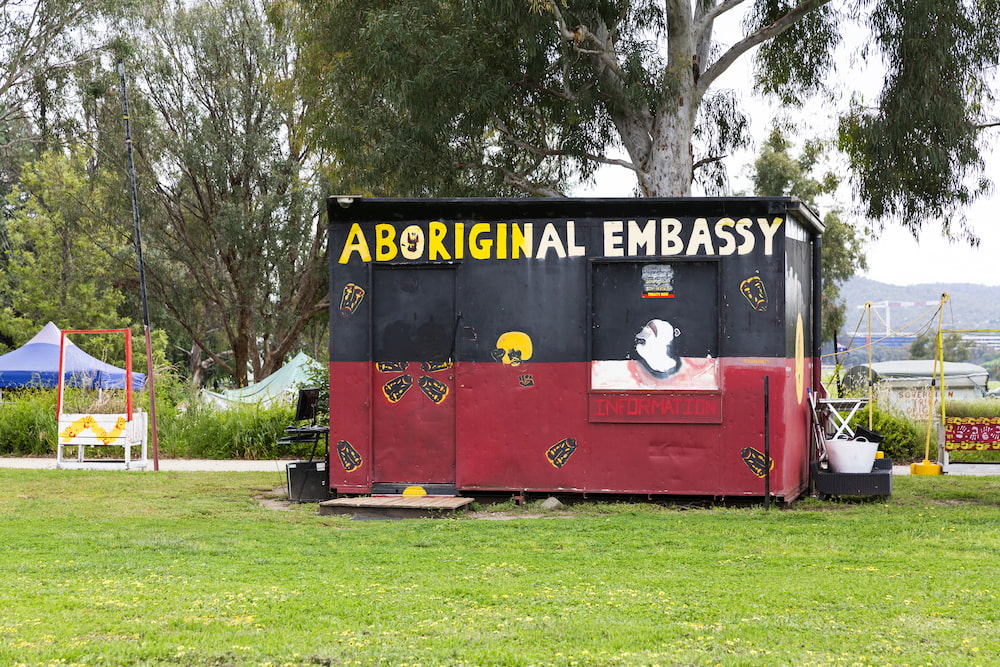Today, Labor MLA Dr Marisa Paterson will introduce legislation to the ACT’s Legislative Assembly to amend the Public Place Names Act 1989.
The Public Place Names Act 1989 states that the Minister may determine the name of a public place that is Territory land. Public places include an avenue, road, street, geographical feature, or place that the public is entitled to use, and any unleased land. When making such a determination, the Minister must have regard to certain matters, which include the names of persons famous in Australian exploration, navigation, pioneering, colonisation, administration, politics, education, science, or letters.
Dr Paterson’s Amendment Act will omit the word ‘colonisation’ and replace it with ‘reconciliation’.
“This is a simple, but meaningful and impactful change,” Dr Paterson said.
“The term ‘colonisation’ is offensive to many people in our community, and represents negative actions and connotations. It’s time we place greater attention on those who have made, and those who continue to make, positive contributions towards reconciliation in the ACT.”
This is the Assembly’s last sitting week before the 50th anniversary of the establishment of the Aboriginal Tent Embassy, on 26 January 2022.
“This is significant timing, as we seek to move forward as a community and continue on our path of reconciliation,” Dr Paterson said.
Having worked closely for 15 years in research roles with remote Indigenous communities in the Northern Territory, Dr Paterson said this was a matter close to her heart.
The ACT Aboriginal and Torres Strait Islander Elected Body (ATSIEB) supports the legislative amendment.
Four Aboriginal men – Billie Craigie, Michael Anderson, Tony Coorey, and Bert Williams – travelled from Sydney to Canberra to set up the Tent Embassy on the front lawns of Old Parliament House in January 1972.
“[They had] no idea of what impact this would make for Aboriginal Torres Strait Islander peoples,” said Paula McGrady, ATSIEB member.
“This later would become a site of great cultural significance in Australia’s national identity. They came to be a voice: our voice of justice, to represent the proud people we are, and to carry that pride deep within their fighting spirit. In the words of Billie Craigie: ‘In 1972, the Tent Embassy really highlighted to me what sort of strength Aboriginal people have got when we all come together in unity.’
“They came with identity of self, they came with dignity within. They arrived with the spirit of our people, our histories, our future dreams. When they spoke, they spoke from the grassroots heart, because this is who they were.
“They all deserve remembrance to their story, to reignite their existence in what they sacrificed for equality, equality that represents a future where all of our cultural lands and connections are embraced in the spirit of truth sharing and reconciliation. This gesture of recognition gives them a place where they can be honoured and remembered for what they did for all Australians when that umbrella went up on the front lawns of Old Parliament House in January 1972.
“The spiritual fire continues to burn at the Tent Embassy long after it was first ignited. We have a cultural obligation and duty to remember them all that came and sat at that fire in the spirit of equality, equality, and justice of basic human and political rights for all Australians.”
Read more:



